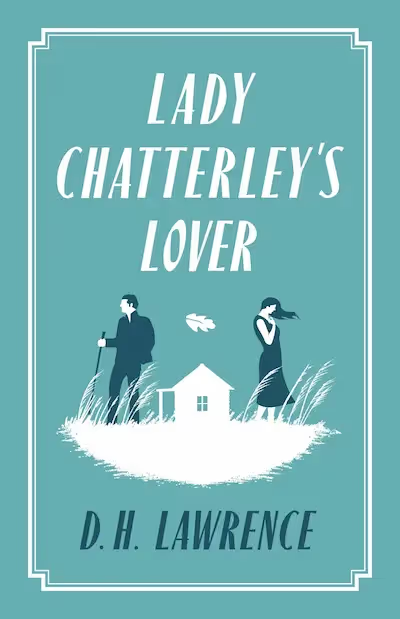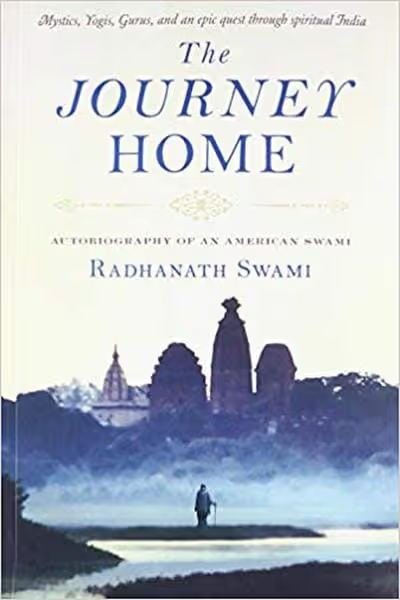
Lady Chatterley’s Lover, written in 1928, by the British writer, D.H. Lawrence, has been the source of debate, censure and admiration since its first publication. This is the story of a well-bred lady, who marries into the British aristocracy. Her disabled husband, Sir Chatterley, is paralyzed from the waist down from a WWI injury. It’s a good set-up for an affair. Constance falls in in lust, then love, with the gamekeeper of her husband’s estate. But all is not what it appears to be.
Oliver Mellors, is an educated man. He can speak in the local Derbyshire dialect and also as a man with breeding. He is an enigma. He has a wife, a rough woman, a low-class woman, who hates the sight of him. He doesn’t see his daughter. He is lost, in an existential miasma, surrounded by the animals, the grounds and his duties on the estate. He is a sensitive man, and doesn’t fit into either social strata that he travels daily.
Constance Chatterley and Melllors have an affair. It consumes them and they are unable to stay away from each other. They meet on the grounds, in a hut on the estate, and in Mellor’s modest house. They meet often. When her husband, Lord Chatterley, discovers his wife is having an affair, (but not with whom) it is a relief. Perhaps now, she can provide an heir to prolong his legacy. He will look the other way, to sustain his dynasty.
But it is not to be. The lovers cannot stay apart and plan to divorce and be together in the future. It is heady stuff for 1928, when divorce is not the usual turn of events for unhappy marriages, especially for the landed gentry. Affairs are accepted; divorce is not.
Mellors in his description of love making is also unique. His insistence on mutual satisfaction as the best and only way to climax, is quite unusual for 1928 and also for today. D.H. Lawrence has a talent for describing the internal turmoil of lovers, of people in emotional pain, and those people who appear to fit into their social class but are not settled or content.
Because of the graphic sexual descriptions and discussions, this book was banned in the UK and only published in France and Italy. Finally, in 1960, the unexpurgated version was published in the UK and available world-wide.
A woman has to live her life, or live to repent not having lived it.
Originally published in Italy in 1928, and unavailable in Britain until 1960, when it was the subject of an infamous obscenity trial, Lady Chatterley’s Lover is now regarded as one of the pivotal novels of the twentieth century. Lawrence’s determination to explore every aspect – sexual, social, psychological – of Lady Chatterley’s adulterous liaison with the gamekeeper Oliver Mellors makes for a profound meditation on the human condition, the forces of nature and the social constraints that people struggle to overcome.
Containing autobiographical elements and set in the author’s native Nottinghamshire, Lawrence’s final novel had a profound impact on twentieth-century culture and sexual attitudes, while confirming his standing as one of the most eminent fiction writers that England has produced.
The novel has been made into films several times. It is perplexing, disturbing and compelling. D.H. Lawrence, who was bi-sexual and the son of a coal miner, had the facility and gift of being able to see into the hearts and minds of all the social classes that he grew up with in England. He doesn’t censure; he observes and reports and invites us to speculate if we could be as honest as Lady Chatterley and her lover.









.avif)
.avif)
.webp)








































